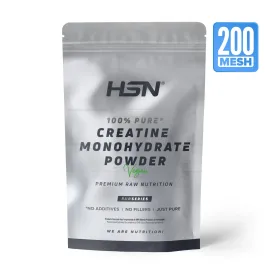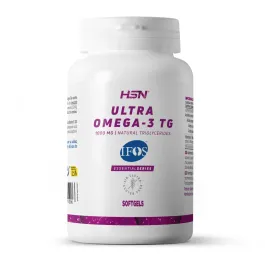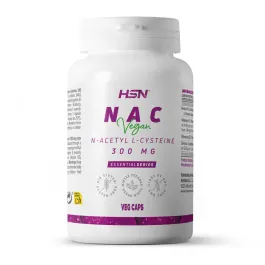This product is out of stock,
but other customers ordered

TANNING CARE *
The Beauty formula from HSN you can't miss this summer! With Lycopene and Beta-Carotene. With standardized herbal extracts. Suitable for vegans. Ready for the beach! High content of vitamins, copper, and other minerals. * Copper contributes to the normal pigmentation of the skin





HSN CARE (HAIR, SKIN & NAILS) *
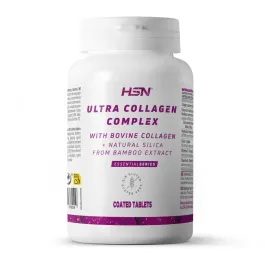
ULTRA HYDROLYSED COLLAGEN COMPLEX
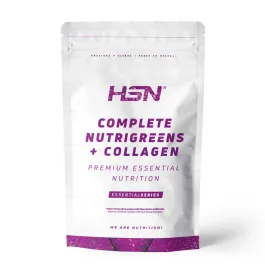
COMPLETE NUTRIGREENS + COLLAGEN
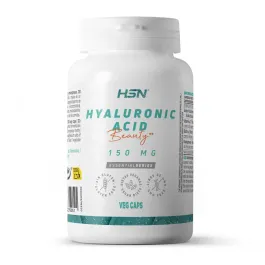
HYALURONIC ACID 150mg

L-LYSINE 500mg

B-50 COMPLEX
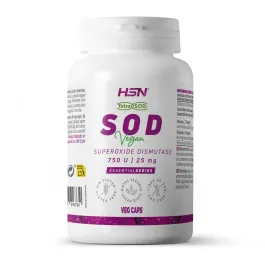
SOD (SUPEROXIDE DISMUTASE) (TetraSOD®) 25mg
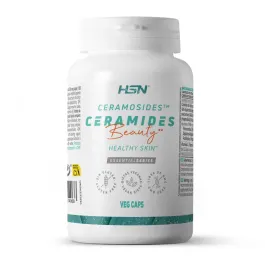
CERAMIDES (Ceramosides™) 30mg
Table of contents
What is Tanning Care?
Tanning Care from EssentialSeries is a dietary supplement in veggie capsules made with plant extracts, vitamins, lycopene, lutein, and minerals.
Tanning Care is an exclusive HSN formula.
Tanning Care is suitable for vegan diets.
Why take Tanning Care?
Nutricosmetics is a growing field and is becoming more important among users aiming for skin, nails, or hair aesthetics, among others.
With plant extracts
Tanning Care contains:
- Polyphenols.
- Catechins (including EGCG).
- Lutein.
- Carotenoids.
- Zeaxanthin.
- Beta-carotene.
- Piperine.
Obtained from green tea, tagetes, and black pepper extracts.
With lycopene
Lycopene is a carotenoid, similar to beta-carotene.
It lacks pro-vitamin A activity, making it a compound that can be used in milligram amounts without toxicity.
Lycopene is present in the human diet mainly through the consumption of tomatoes and watermelons.
Considering these foods are the main dietary sources of lycopene, and its presence in the diet is usually neither daily nor in large amounts, it makes lycopene a very exclusive nutrient.
The recommended daily dose of Tanning Care provides you with 15 mg of lycopene, a significant amount. Plus, we deliver it microencapsulated to ensure maximum stability and quality.
Stick with Tanning Care, the most concentrated source of lycopene!
Properties of Tanning Care
Tanning Care has been developed using significant amounts of various vitamins and minerals.
Vitamins
- The niacin (vitamin B3) helps maintain skin in normal conditions.
- The vitamin C supports normal collagen formation for proper skin function.
- The vitamin E helps protect cells from oxidative damage.
Also includes folic acid, vitamin B12, and beta-carotene (vitamin A).
Minerals
- The selenium helps protect cells from oxidative damage.
- The zinc supports skin maintenance in normal conditions.
- The copper contributes to normal skin pigmentation.
Why buy Tanning Care from HSN?
Heard about Tanning Care?
Check out its features!
With standardized extracts
Tanning Care contains herbal extracts with guaranteed content of the main chemical constituents that define them.
| Plant | Concentration | Standardization |
| Green tea (Camellia sinensis) | 25:1 | 95% Polyphenols 70% Catechins 45% Epigallocatechin-3-Gallate (EGCG) 2% Caffeine |
Tagetes (Tagetes erecta) (Microencapsulated Lutein) | 15:1 | 20% Lutein 1.3% Carotenoids 1.3% Zeaxanthin |
| Black pepper (Piper nigrum) | 50:1 | 98.5% piperine |
Besides using the plant parts with the highest concentration of their key compounds, we also use quality extraction methods.
Extracts like Black pepper (Bioperine®) used in Tanning Care are up to 50 times more concentrated than their natural state.
Quality forms
Vitamins and minerals come in the form of salts or complexes.
Many companies sell low-quality forms of these nutrients to cut raw material costs.
At HSN, we only use high-quality vitamin and mineral forms, recognized as valid nutrient sources by the European Food Safety Authority.
HSN committed to transparency
Did you know...
Many companies list the amount of mineral salts in their products, not the elemental amount of the minerals?
For example, zinc citrate contains less than 30% elemental zinc (the nutrient that matters).
Companies offering 10 mg of zinc citrate are actually giving you less than 3 mg of real zinc.
At HSN, our labels show the elemental content of vitamins and minerals used, so you always know exactly what and how much you’re taking.
Suitable for vegans
Tanning Care is suitable for vegetarian and vegan diets.
Contains no animal-derived ingredients.
What to combine Tanning Care with?
You can take it alongside:
Want to know more?
- Borkow, G. (2015). Using Copper to Improve the Well-Being of the Skin. Current Chemical Biology, 8(2), 89–102.
- Kang, C. H., Rhie, S. J., & Kim, Y. C. (2018). Antioxidant and skin anti-aging effects of marigold methanol extract. Toxicological Research, 34(1), 31–39.
- Antille, C., Tran, C., Sorg, O., Carraux, P., Didierjean, L., & Saurat, J. H. (2003). Vitamin A Exerts a Photoprotective Action in Skin by Absorbing Ultraviolet B Radiation. Journal of Investigative Dermatology, 121(5), 1163–1167.
- Katiyar, S. K. (2003). Skin photoprotection by green tea: antioxidant and immunomodulatory effects. Current Drug Targets. Immune, Endocrine and Metabolic Disorders, 3(3), 234–242.
Nutritional FactsTANNING CARE - 120 veg caps |
| daily doseper serving |
| Serving size: 1 veg caps | ||
| daily dose: 3 veg caps | ||
| Servings per container: 120 | ||
| Daily amount | |||
|---|---|---|---|
| Green tea leaf extract (25:1) (95% polyphenols, 70% catechins, 45% EGCG, 2% caffeine) (Camellia sinensis) | 500mg | ||
| leaf equivalence | 12500mg | ||
| Polyphenols | 475mg | ||
| Catechins | 350mg | ||
| EGCG (epigallocatechin-3-gallate) | 225mg | ||
| Caffeine | 10mg | ||
| Microencapsulated lutein (20% lutein, 1.3% carotenoids, 1.3% zeaxanthin) | 100mg | ||
| Tagetes flower extract (15:1) (Tagetes erecta) | 22mg | ||
| flower equivalence | 330mg | ||
| Lutein | 20mg | ||
| Carotenoids | 1.3mg | ||
| Zeaxanthin | 1.3mg | ||
| Black pepper fruit extract (50:1) (98.5% piperine) (Piper nigrum) (Bioperine®) | 10.2mg | ||
| equivalence of fruit | 507.6mg | ||
| Piperine | 10mg | ||
| Vitamin B3 (as nicotinamide) | 500mg | ||
| Vitamin C (as ascorbic acid) | 180mg | ||
| Vitamin E | 30mg | ||
| of D-alpha-tocopheryl acid succinate | 37mg | ||
| Vitamin A | 1336µg | ||
| beta-carotene | 8000µg | ||
| Folic Acid | 200µg | ||
| Vitamin B12 (as methylcobalamin) | 7.5µg | ||
| Zinc | 10mg | ||
| of zinc citrate | 32.2mg | ||
| Copper | 2mg | ||
| of copper bisglycinate | 6.9mg | ||
| Selenium | 100µg | ||
| of L-selenomethionine | 248.4µg | ||
| Microencapsulated lycopene (10% lycopene) | 150mg | ||
| Lycopene | 15mg | ||
| NRVs (Nutrient Reference Values) established in Regulation (EU) 1169/2011 of 25 October 2011. †† NRVs are not established on this occasion. |
Ingredients
Green tea extract [25:1, from Camellia sinensis leaf, 95% polyphenols, 70% catechins, 45% epigallocatechin-3-gallate (EGCG), 2% caffeine], nicotinamide (vitamin B3), vegetable capsule [coating agent (hydroxypropylmethylcellulose)], ascorbic acid (vitamin C), microencapsulated lycopene (10% lycopene), microencapsulated lutein [20% lutein, 1.3% carotenoids, 1.3% zeaxanthin, tagetes extract (15:1, from Tagetes erecta flower)], microencapsulated vitamin A [beta-carotene (vitamin A)], D-alpha-tocopheryl succinate (natural vitamin E), zinc citrate, anti-caking agent (magnesium salts of fatty acids), maltodextrin, bulking agent (calcium phosphates), black pepper extract (50:1, from Piper nigrum fruit, 98.5% piperine), copper bisglycinate, L-selenomethionine, folic acid, methylcobalamin (vitamin B12).
Warnings
Store in a cool (below 25°C), dry and dark place. Do not exceed the stated recommended daily dose. Keep out of reach of the smallest children. Nutritional supplements should not be used to replace a balanced diet. This product may have a natural colour variation. It is necessary to maintain a varied and balanced diet and a healthy lifestyle. A daily amount of 800mg or more of (-) epigallocatechin-3-gallate should not be consumed. Should not be consumed if other products containing green tea are already consumed on the same day. Not for use by pregnant or breastfeeding women, or by persons under 18 years of age. Not to be taken on an empty stomach. Health claim awaiting European authorization.

How to take TANNING CARE - 120 veg caps
Take 1 vegetable capsule, 3 times a day with meals.
The product reviews and opinions published reflect only the customers’ views and experiences. HSN does not verify or endorse such comments or claims, and is not responsible for the content provided in the reviews. Statements regarding food supplements have not been evaluated by the EFSA (European Food Safety Authority) and are not intended to diagnose, treat, cure, or prevent any disease or medical condition.
The product reviews and opinions published reflect only the customers’ views and experiences. HSN does not verify or endorse such comments or claims, and is not responsible for the content provided in the reviews. Statements regarding food supplements have not been evaluated by the EFSA (European Food Safety Authority) and are not intended to diagnose, treat, cure, or prevent any disease or medical condition.
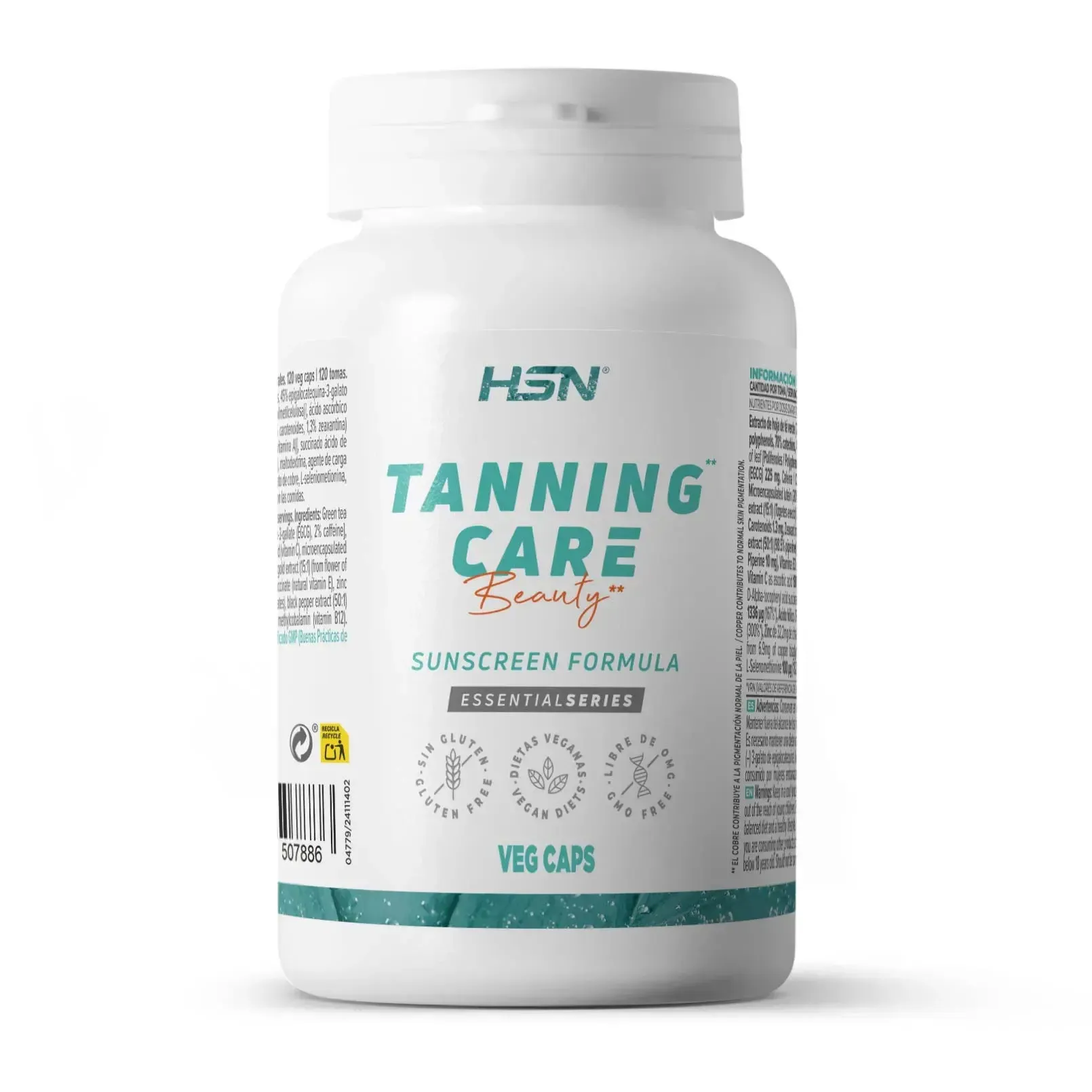
A satisfied customer says:
Cash
Ana 22/07/2023
In addition to having antioxidants, he noticed the skin with a more beautiful color with little exposure to the sun. An extra bonus to protect the skin from sun exposure.
Show original language
A critical customer says:
Good
Ragnar 29/06/2023
It is a good product that helps to get a good tan and skin tone, perfect to take in summer or a little before. The only negative is the unpleasant smell they have.
Show original language-
Two months before summer
Antonio V 21/02/2026
I start taking them two months before summer. It's good for my skin in general. I've managed not to burn at the slightest burn, I get a more intense tone, and it also lasts longer.
Show original languageWas the review helpful? Be thefirst one to rate the review -
Good product
Javi 17/08/2025
It is a good product to get a tan. I took it this summer and I quickly got a tan.
Show original languageWas the review helpful? Be thefirst one to rate the review -
Very good
Nuria 29/07/2025
I tried them as a gift in an order and I just bought my first bottle because I loved it. It has very high amounts, so even taking just one a day when I go sunbathing I notice its effects.
Show original languageWas the review helpful? Be thefirst one to rate the review -
Comprehensive skin care and tanning support.
Rubén 16/05/2025
Tanning Care has surprised me. I started taking it before summer and have noticed that my skin tans more evenly and stays tan longer. It also provides beneficial ingredients for skin health. I like it as a supplement for those who are frequently exposed to the sun.
Show original languageWas the review helpful? Be thefirst one to rate the review -
Excellent
La mejor 11/05/2025
Every summer I take these capsules and the truth is that I don't burn and I get a very nice tone. I love them and although it says three capsules I take one and I see results.
Show original languageWas the review helpful?2 people found it useful
No reviews found with filters applied.
{title}
{nickname-date}
{detail}
{review-link} EN - EUR
EN - EUR Albania
Albania  Austria
Austria  Belgique
Belgique  Bosnia and Herzegovina
Bosnia and Herzegovina  Bulgaria
Bulgaria  Canadá
Canadá  Chile
Chile  Chipre
Chipre  Corea (la República de)
Corea (la República de)  Croacia
Croacia  Czechia
Czechia  Denmark
Denmark  Deutschland
Deutschland  Eslovaquia
Eslovaquia  Eslovenia
Eslovenia  Estonia
Estonia  Finland
Finland  France
France  Greece
Greece  Hungary
Hungary  Iceland
Iceland  Ireland
Ireland  Islas Feroe
Islas Feroe  Italia
Italia  Japan
Japan  Latvia
Latvia  Lithuania
Lithuania  Luxembourg
Luxembourg  Macedonia
Macedonia  Malta
Malta  Marruecos
Marruecos  Mónaco
Mónaco  Montenegro
Montenegro  Netherlands
Netherlands  Noruega
Noruega  Poland
Poland  Portugal
Portugal  Romania
Romania  Schweiz
Schweiz  Serbia
Serbia  South Africa
South Africa  Suecia
Suecia 


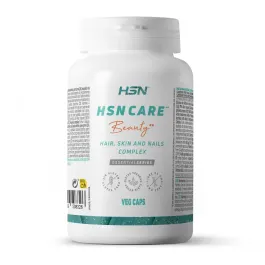



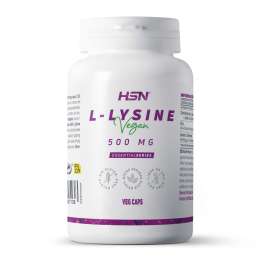
 View full analysis
View full analysis 